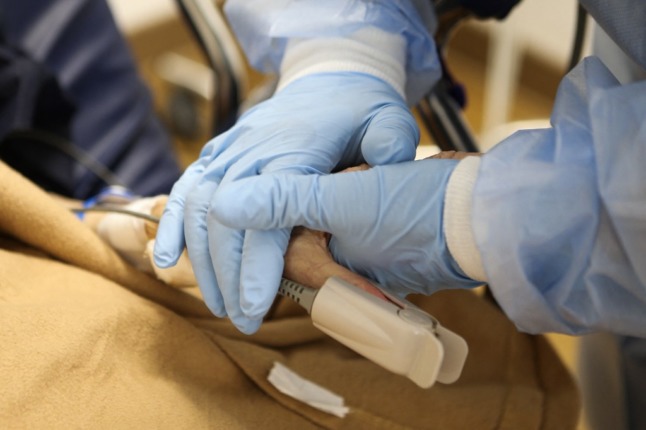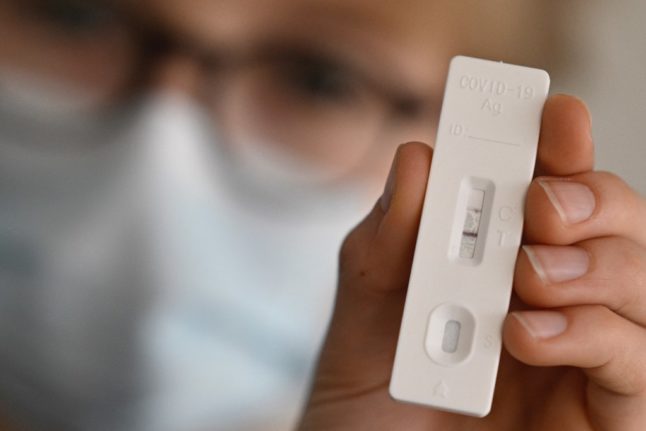France’s Health Minister, Olivier Véran, has announced that the Health Defence Council will “most likely” meet on Friday afternoon to discuss implementing “extra measures” to tackle the worsening Covid pandemic.
“The fifth wave is probably the strongest one that we have seen since the start of the pandemic,” he told MPs on Wednesday.
The infection rate in France has now passed 500 per 100,000 people over seven days – the highest recorded level throughout the pandemic.
The government is already predicting that 4,000 patients will be lying in intensive care units over the festive period and has called on the public to limit social gatherings and for an increase in remote working.
Whilst France appears the recent rise in infections in France has levelled off in recent days at around 50,000 a day, the prospect of a new spike in cases caused by the highly contagious Omicron variant has sparked concern in the government.
Véran told MPs that 170 cases had been detected in the country so far but the real figure is likely far higher.
Speaking after the meeting of the Council of Ministers on Wednesday, Gabriel Attal, the government spokesperson suggested there could be “new decisions by the end of the week (…) over the necessary measures to take”.
He suggested that an accelerated vaccination campaign and tighter border controls could be on the agenda as well as a reminder of recommendations on family gatherings over Christmas. It has been suggested France could cut the time period between second and third vaccine doses down to three months from five in order to get booster jabs to more people.
He also mentioned possible changes to travel rules for passengers coming from the UK earlier in the week.
So far during this fifth wave the French government has been reluctant to reimpose curfews and lockdowns.
But the EU health agency ECDC on Wednesday warned that vaccinations alone would not stop the rise of the Omicron variant of the novel coronavirus, and said “strong action” was urgently needed.
“In the current situation, vaccination alone will not allow us to prevent the impact of the Omicron variant, because there will be no time to address the vaccination gaps that still exist,” Andrea Ammon, director of the European Centre for Disease Prevention and Control (ECDC), said in a statement.



 Please whitelist us to continue reading.
Please whitelist us to continue reading.
The South African chief medical officer and media reports are bluntly stating that the UK reaction to Omicron is an over reaction and alarmist. They’re saying that the strain is super-infectious and supplanting all other strains but is mild in its effect – to the point where hospitalisations are limited to a couple of days and not interfering with normal capacity. This was how the Spanish flu ended , with a strain that lost its lethality. We’ll know in the next few weeks if Omicron is a disaster or the end of the pandemic.
We pray that it will be the end of the pandemic.